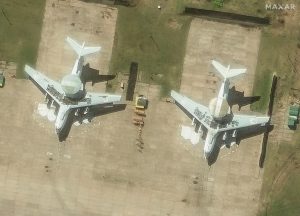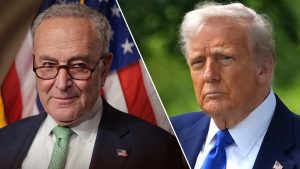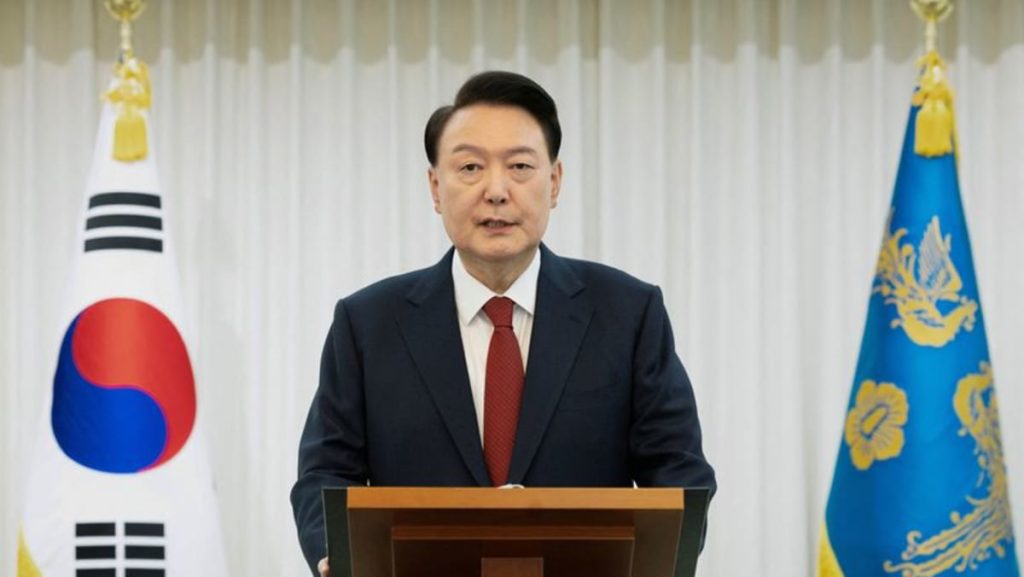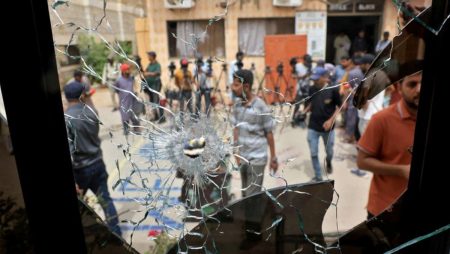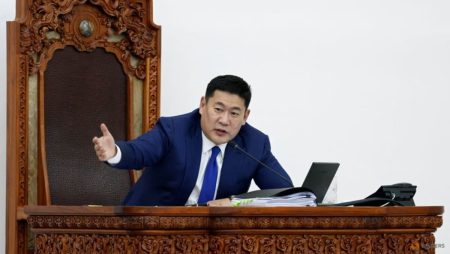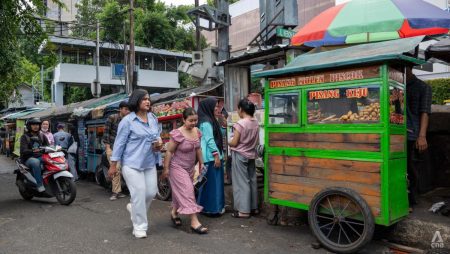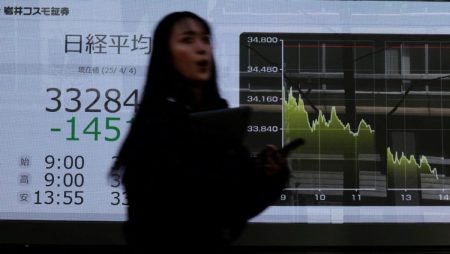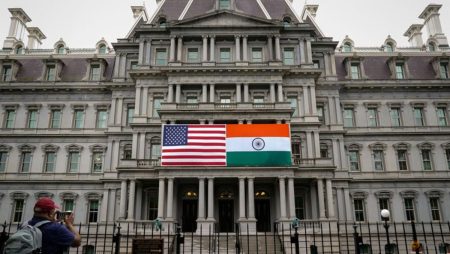The political landscape of South Korea is currently embroiled in a tumultuous power struggle, centered around an ongoing investigation into President Yoon Suk-yeol and his inner circle. The investigation stems from the controversial declaration of martial law earlier this month, a move that has ignited widespread protests and deeply divided the nation. President Yoon is currently under a travel ban as the investigation intensifies, with the prosecution recently announcing his refusal to comply with a summons for questioning regarding insurrection allegations. A second summons is expected imminently, adding to the mounting pressure on the embattled president. The political crisis has plunged South Korea into a state of uncertainty, with the Constitutional Court now tasked with determining Yoon’s fate. Concurrent with the investigation, massive demonstrations both in support of and against Yoon have become a daily occurrence in the capital city, further exacerbating the already tense atmosphere.
The investigation into the martial law declaration continues to expand, with authorities targeting key figures within the military and intelligence apparatus. Recent arrests include the current and former heads of the Defence Intelligence Command, highlighting the depth and breadth of the probe. Furthermore, an arrest warrant has been sought for the head of the Army Special Warfare Command, Kwak Jong-keun, who stands accused of deploying special forces troops to the parliament building during the martial law bid. This action led to a tense standoff between soldiers and parliamentary staff, a dramatic illustration of the escalating tensions gripping the nation. These arrests represent a significant development in the investigation, potentially uncovering a coordinated effort to seize control through extra-constitutional means.
The political fallout from the martial law declaration has also extended to the ruling People Power Party (PPP), with its leader facing mounting calls for resignation. Having previously expressed support for the impeachment of President Yoon, the PPP leader is now scheduled to address the nation in a highly anticipated press conference. This address could prove pivotal in shaping the party’s stance and potentially influencing the course of the impeachment proceedings. The internal divisions within the ruling party further complicate the political landscape, potentially impacting the government’s ability to effectively address the ongoing crisis.
Amidst the internal turmoil, the South Korean government has made concerted efforts to maintain a semblance of stability and continuity. Acting President Han has engaged in international diplomacy, including a phone call with US President Joe Biden, reaffirming the strong bilateral ties between the two nations. This outreach serves to reassure allies and project an image of stability, crucial in a time of national crisis. Furthermore, Acting President Han has directed the military to heighten its vigilance against North Korea, a constant security concern for the South. This directive underscores the government’s commitment to maintaining national security even as it grapples with internal political challenges.
The unfolding events in South Korea represent a significant test for the country’s democratic institutions. The investigation into President Yoon, the mass protests, and the potential impeachment proceedings are all unfolding under the watchful eye of the international community. The outcome of these events will have far-reaching implications for the future of South Korean politics and its relationship with the rest of the world. The ability of the government to navigate these turbulent waters and uphold the rule of law will be crucial in determining the long-term stability and prosperity of the nation.
The potential ramifications of the current political crisis extend beyond South Korea’s borders. The country’s strategic location and its role as a key US ally in the region make its internal stability a matter of international concern. The ongoing tensions with North Korea further complicate the situation, adding another layer of complexity to an already volatile geopolitical landscape. The international community will undoubtedly be closely monitoring the developments in South Korea, hoping for a swift and peaceful resolution to the crisis. The outcome of the current situation will not only shape the future of South Korea but also have implications for the broader regional security dynamics.
